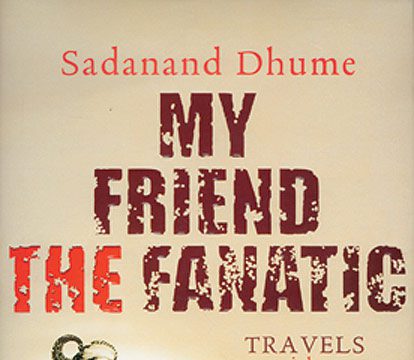It’s 2002. The lethal Bali bombings have struck, filling the departure terminals with shell-shocked holidaymakers, and 140 bags with unidentified body parts. It is here that Wall Street Journal reporter Sadanand Dhume begins his quest in search of answers. Why has the region’s “overwhelmingly moderate” brand of Islam been displaced so rapidly by an intractable jilbab-covered, mesjid-multiplying faith? What sort of future awaits an Indonesia whipped up by the forces of globalisation and radical Islamisation?
This quest takes Dhume to many Indonesias. The first, one of Jakarta high-rises beneath which hawkers of porn cry “hello mister chicky chicky”; its luxury hotels populated by cocktail-quaffing sybarites such as Djenar Maesa Ayu, a model-turned-writer whose oeuvre includes the tale ‘Suckled by Father’. A second, an Indonesia of the peripheries, its dim promise borne out by the factory girls and good-time girls of the fleshpot, Batam. A third is a radicalising nation that clamours for the imposition of sharia law. Dhume meets those who shine beneath the arclights, such as televangelist Aa Gym. He also meets the many lurking in its depths: Abu Bakar, incarcerated for the Bali bombings, the boys in the Ngrukis (madrassas) that created him; their cubicles wallpapered with messages like ‘We are is terrorist man’.
Part chatty political history lesson, part travelogue, Dhume’s book is an engaging one, enlivened by quirky details. For instance, the bupati (regent) of Bulukumba looks like “an old baby, an ancient baby with a pencil-moustache and gold watch”. But what really makes the book so compulsively readable is the tension-filled relationship between Dhume and the eponymous ‘radical Islamist’, Herry Nurdi. This cheery Charon, with a prayer callus punctuating his forehead, who guides the reporter through the sights of Osama-loving, sharia-craving Indonesia, is a good friend, but a better fanatic.




